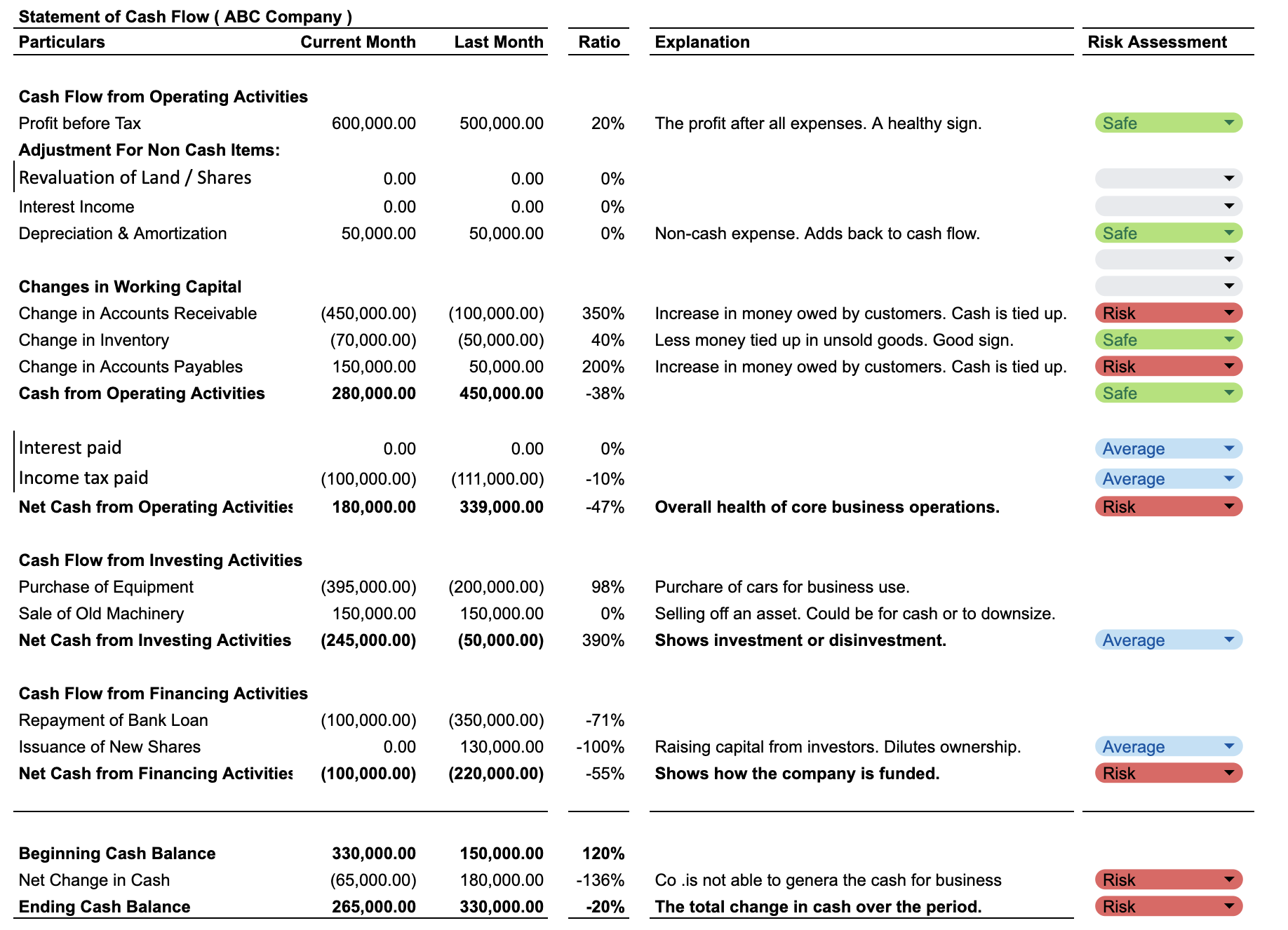Sales Agent Commissions are Service Charges under Income Tax Law ?
February 19, 2025

According to clause (ka ma) of section 2 of the Income Tax Act, 2058, service charge means "any fee paid at market price to a person for services provided by them, and this term also includes commission, meeting allowance, management fee or technical service fee". Since the law does not explicitly state that commission received from the sale of goods does not fall under service charge, it is not appropriate to assume that the amount received as commission does not fall within the service charge." Essentially while the definition of "service charge" includes several types of fees, it doesn't explicitly exclude commissions from the sale of goods. Therefore, it's unclear whether such commissions are considered service charges under the law.
Supreme Court, Joint Bench
Honorable Justice Tej Bahadur K.C.
Honorable Justice Prakash Kumar Dhungana
Decision Date: 2076.5.16 (Nepali Calendar)
Case No.: 074-RB-0363
Case: Income Tax (2070/71)
Appellant: Internal Revenue Office Kathmandu, Area No. 3
Respondent: Seragem Health Care Nepal Pvt. Ltd., located at Bishalnagar, Ward No. 4, Kathmandu Metropolitan City, Kathmandu District
Key Points of the Judgment:
Regarding Departmental Directives: The decision-maker must be mindful that giving the same legal weight to wording used in an example within a departmental directive as to the actual legal text, and excluding other words with the same meaning from interpretation, does not reveal the true intent of the law. Since the words "consulting service" are used only as an example in the directive, it is permissible to consider only the commission received for consulting services as a service charge. However, it is not permissible to consider the commission received for other services (including services provided from the sale of goods) as a service charge. Interpreting specific words cited merely as examples as words that automatically affect someone's rights and liabilities, especially when not explicitly stated in the law, cannot be considered a correct interpretation of the law.
(Paragraph 50)
Regarding Service Charges: Section 2, clause (ka ma) of the Income Tax Act, 2058 defines a service charge as "any fee paid at market price to a person for services provided by them, and this term also includes commission, meeting allowance, management fee, or technical service fee." Since the law does not explicitly state that commission received from the sale of goods does not fall under a service charge, it is not appropriate to assume that the amount received as commission does not fall within the service charge.
(Paragraph 60)
Regarding Sales Agent Commission: The Internal Revenue Department's Income Tax Directive, which explicitly states "Commission paid to a sales manager's appointed agent is a service charge, while commission paid to designated employees for achieving sales targets falls under remuneration," already considers sales agent commission as a service charge. Therefore, for the purpose of commission, without specifically considering sales agents, it is not permissible to interpret these three words—service charge, commission, and sales bonus—used in it as having separate and independent meanings and existence from a purely technical perspective. When interpreting the words used in the law, the provisions of the law must be viewed comprehensively, and the meaning of the words must be derived in the context of the situation. Although the words service charge, commission, and sales bonus used in this sub-section have separate uses, and therefore these words take on independent meanings, in the case of sales agent commission, given the separate provision and the unclassified status of such commission, the commission received by such sales agents appointed for the sales manager must be understood as a service charge.
(Paragraph 70)
(Rest of the document details the procedural history of the case, arguments from both sides, and the final decision of the court. It reiterates the above points regarding the definition of service charge and the inclusion of sales commission within it, and ultimately rules in favor of the respondent, Seragem Health Care, that the commission paid to its sales agents should be subject to the 1.5% tax withholding applicable to service charges, rather than the 15% rate applicable to other forms of income.)
Key takeaway: The court ruled that commissions paid to sales agents for promoting sales fall under the definition of "service charge" in the Income Tax Act, and therefore are subject to the lower 1.5% tax withholding rate, provided the sales agent is VAT registered. The court emphasized that the law doesn't explicitly exclude sales commissions from service charges, and that examples in departmental directives should not be used to narrow the interpretation of the law.
Summarized by
Legal Advisory and Expert Division
Rudolph Corporate Services Pvt. Ltd.
Contact for detail advisory: hello@rudolphservice.com
Disclaimer: Kindly seek the expert before taking any action based on the content here above.
Other Blogs
Nepali Supreme Court Case: Clarifying Guarantor Responsibilities for Foreign Businesses
February 10, 2025
 Read More
Read More 



